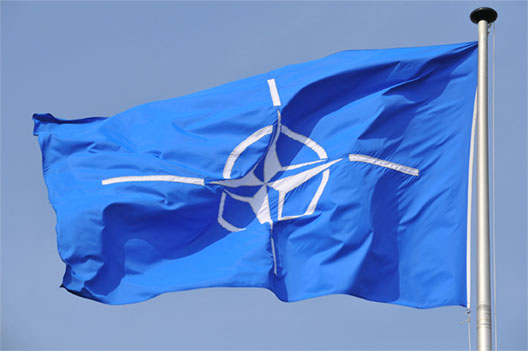 At the upcoming summit in September 2014, the NATO nations are very likely to approve a concept of “framework nations” around which to build integrated capabilities. As yet, however, there has been relatively little discussion about how best to organize the framework nation approach so as to support NATO objectives.
At the upcoming summit in September 2014, the NATO nations are very likely to approve a concept of “framework nations” around which to build integrated capabilities. As yet, however, there has been relatively little discussion about how best to organize the framework nation approach so as to support NATO objectives.
In the latest issue brief from the Brent Scowcroft Center on International Security, “NATO’s Framework Nations: Capabilities for an Unpredictable World,” Atlantic Council Distinguished Fellow and Board Director Franklin D. Kramer proposes building the framework nations concept around the three core NATO objectives whose achievement will guide the requisite capabilities.
![]() Read the Issue Brief (PDF)
Read the Issue Brief (PDF)
Specifically, the paper recommends that the framework nation concept be organized as follows:
- Collective Defense, with Germany and Poland in the lead. Key elements would include development of host nation support, prepositioning, and stationing of forces; with acquisition focused on air defense; intelligence, surveillance, and reconnaissance (ISR) for contested environments including survivable persistent capabilities; combat aircraft, including fighter and air-ground capability; and precision strike capacity.
- Expeditionary Capacity for Crisis Management, with France and the United Kingdom in the lead. Key elements would include mobility, logistics, and ISR capacities; with acquisition focused on airlift, aerial refueling, munitions stocks, and persistent surveillance.
- Partnership for Cooperative Security, with the United States in the lead. Key elements would include interoperable partner military capabilities; working with partners on global commons and transnational security problems; undertaking education, training, and mentoring for partner military/security sector development; and establishing strategic cooperation with partners on matters of international security concern.
